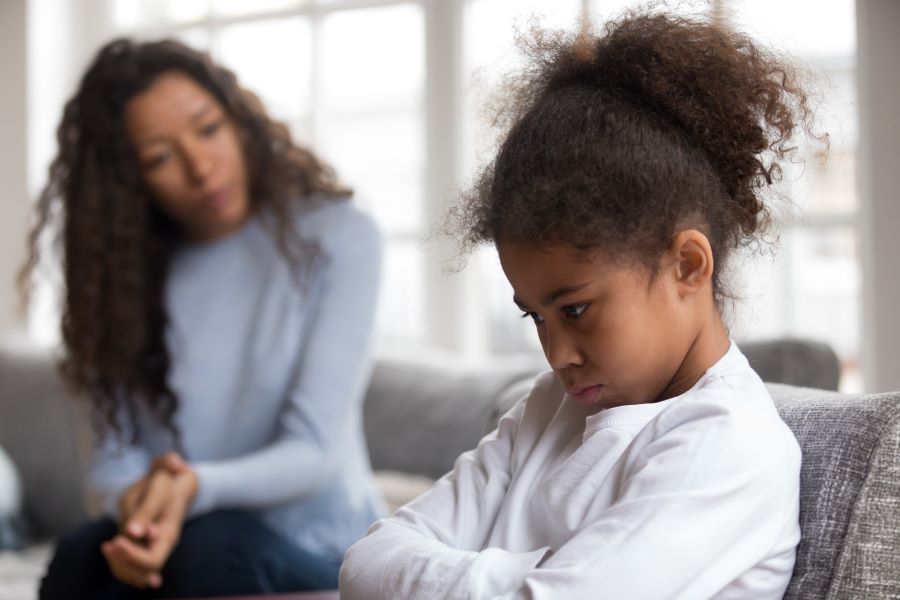7 Ways to Help Your Child Through Divorce


Going through a divorce is never easy, especially for young children, who are easily influenced by what’s happening around them. Even infants can sense the stress that is often involved with divorce. Fortunately, parents can help their children cope with the stress of separation. Here are some ways to help your youngsters deal with divorce.
1. Avoid making negative comments about your ex-partner. This can be tough, but if your child only hears disparaging remarks, over time, those remarks can affect your child’s relationship with the other parent — and that is not good for the child. Try your best to keep your frustration and anger to conversations with other adults. Don’t put your child in the middle.
2. No matter what the situation is between the former spouses, stress the love each of you has for your
child. Make it abundantly clear that, although you as parents are no longer together, your love for your child will not change. Spouses divorce each other, not their children.
3. Try to maintain your routine. When one parent isn’t around, children sometimes worry about everyday things, like who will make their dinner and who will pick them up from school. Reassure them that life will go on as normally as possible.
4. Communicate clearly with your ex-partner. Have open conversations about any changes in naptime, behavior, schoolwork, eating habits, or social activities. Make sure you are both on the same page to avoid any surprises. When necessary, share these updates with other caregivers, like teachers, coaches, or babysitters.
5. Double up. When possible, try to recreate a similar, comforting atmosphere in both homes. Does your child have a favorite pair of pajamas or stuffed animal? Buy two and keep one at each location. Does he or she have a favorite snack? Make sure you both keep it on hand.
6. Talk it out. Children should feel encouraged to talk through their emotions when they are confused, scared, or angry. Your job is to listen and support them. If they have difficulty verbalizing their feelings, offer other vehicles of expression, like clay, crayons and drawing paper, or some age-appropriate books that encourage discussion.
7. Ask for help. If you sense your child’s behavior changing in a negative way and you feel unprepared to handle it, consider family or co-parent counseling.
Over time, most children learn to adjust to divorce, and having parents who don’t live together anymore becomes the new normal. The most important thing that parents can do is offer unconditional love and support.
Sources:
- University of Missouri
- Helping Infants and Toddlers Adjust to Divorce.
American Association for Marriage and Family Therapy - Managing Conflict During Divorce.
The Mayo Clinic - Children and divorce: helping kids through a breakup.
American Academy of Pediatrics - Helping Children and Famillies Deal with Divorce and Separation.
Powered by Bundoo®










































